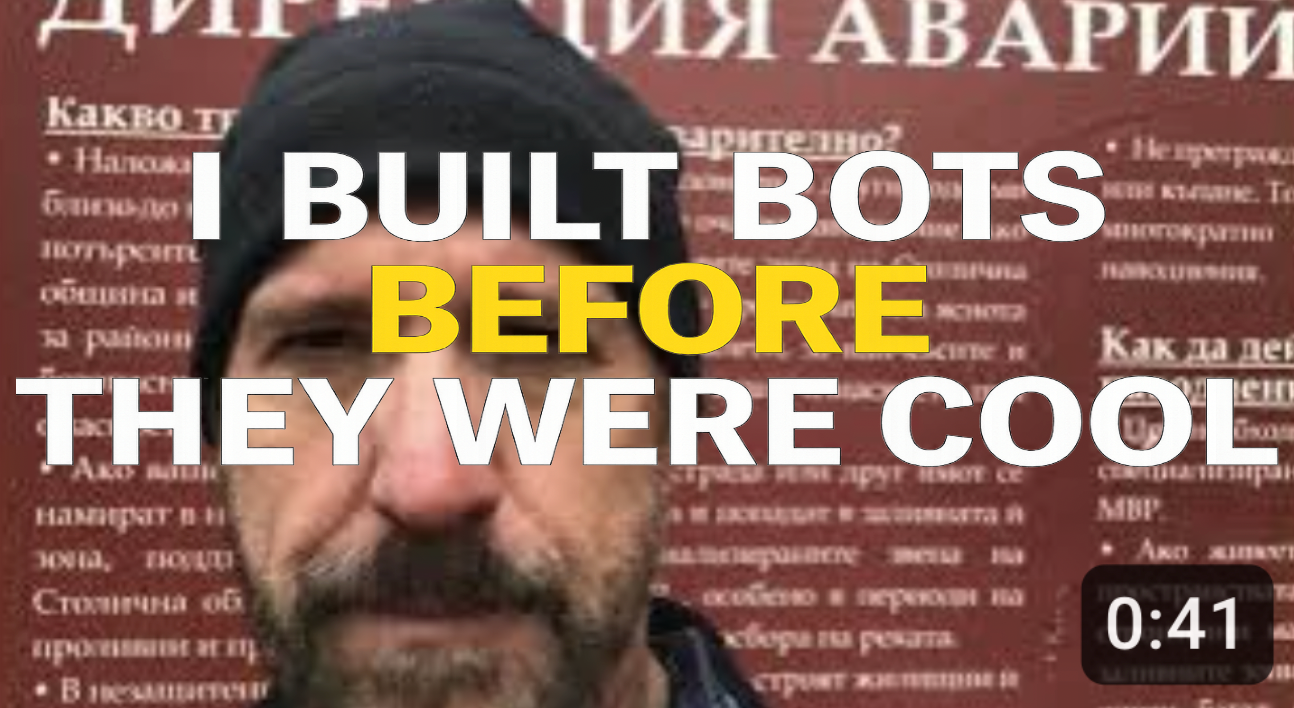
|
ARTIFICIAL INTELLIGENCE
Structured prompts reduce ambiguity and yield more consistent AI results. Plain language often fails to convey the precision needed to describe technical or complex subjects.
Chapter 1: Why structured prompts?
Learn why plain language is too nuanced to be used exclusively for Generative Artificial Intelligence prompting.
Chapter 2: Structuring visual art
Build accurate and reusable JSON objects that model people, objects, and places.
Chapter 3: Generative video with Sora
See the characters, modeled in Chapter 2, transfer flawlessly to video.
Chapter 4: Structured storytelling
Replace mechanical storytelling with narrative styles and archetypes.
Chapter 5: Artificial Intelligence simulations
Predict the future and recreate the past with AI simulations.
Chapter 6: AI workflow automation
Automate the things you don’t have time for.
Chapter 7: Understanding AI safety policies
Achieve your goals without violating platform rules.
Chapter 8: Embracing disruption
Learn how to be one who adapts and thrives.
Launching July 2025 |

|
COMPETITIVE INTELLIGENCE
Competitive Intelligence creates advantages from information that other businesses ignore, or don’t have the wherewithal to process. Competitive Intelligence works by capitalizing on both unintentional communication and market dynamics.
For many organizations, Competitive Intelligence is a source of actionable intelligence that makes them both more competitive and better aware of upcoming challenges. Spying on Success represents twenty-five years of experience in developing and managing Competitive Intelligence campaigns for:
Watch on YouTube Buy on Amazon |

|
BOT DEVELOPMENT
There isn't a website that you can't scrape, control, or automate with Selenium Python. These skills can be used to conduct Competitive Intelligence, Test Engineering, Web Scraping, Data Mining, or Market Analysis.
SECTION ONE provides context and helps you configure your development environment. SECTION TWO details Ten Bot Projects that explore specific aspects of Selenium Python. Each project uses web pages developed specifically for this book. And, in addition to the material in the book, each project has a Video on YouTube that provides a Bot Demo and Code Walk-through, making the book a true multimedia experience. SECTION THREE contains ten chapters of theory that explore everything from Legal Obligations to Bot Architectures, Handling Big Data, How Webdriver works, and Fault Tolerance. All scripts are provided either online or in the book. Watch on YouTube Buy on Amazon |
